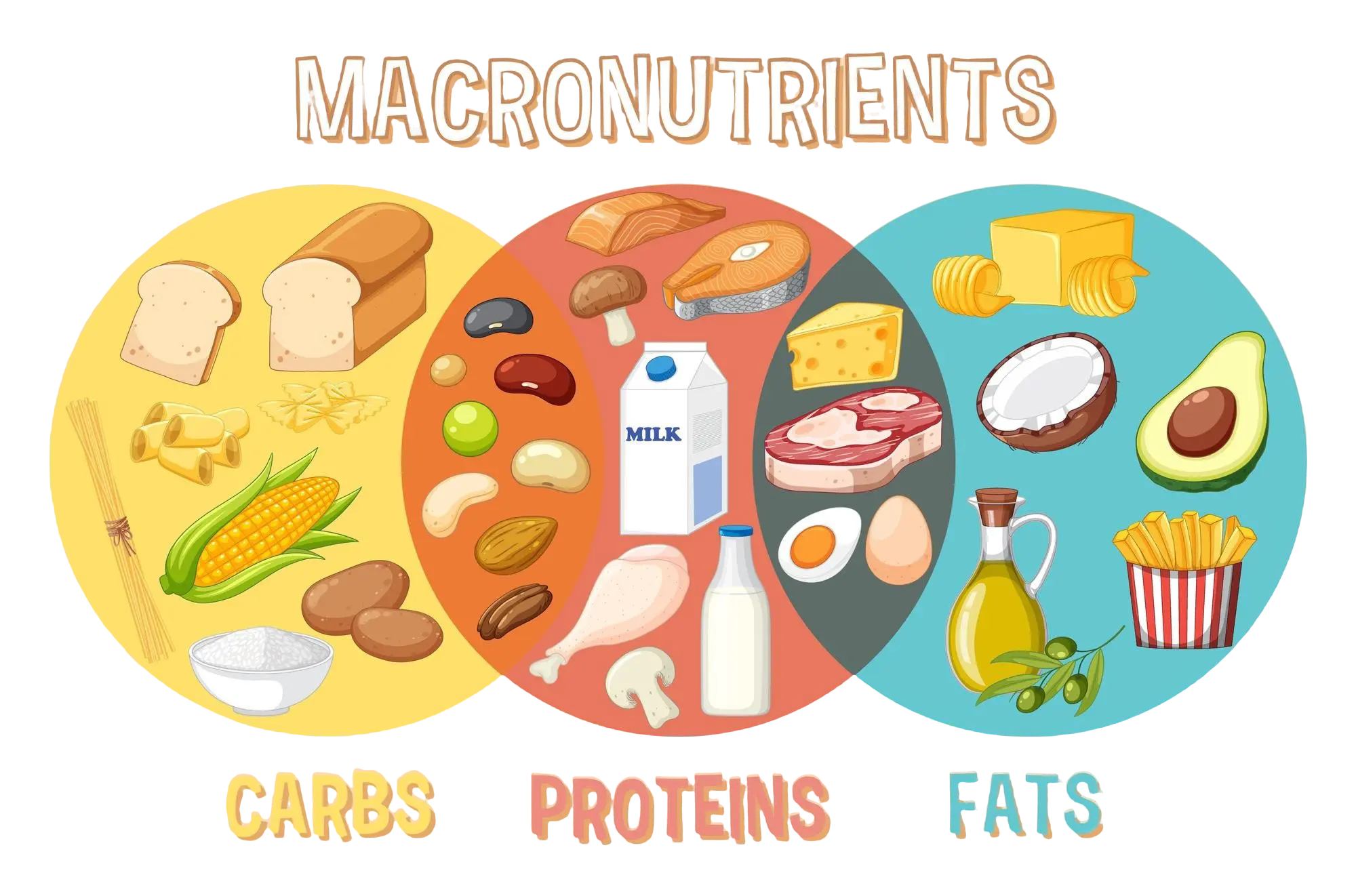
Understanding Protein: The Building Block of Life - reviewed by Senior Dietitian
Protein, one of the most crucial macronutrients, plays a vital role in building muscle mass and maintaining overall health. Found abundantly in animal products, nuts, legumes, and various other foods, protein is indispensable for bodily functions, growth, and development. Let’s dive deeper into the importance, functions, sources, and consequences of protein deficiency.
What is Protein?
Protein is a macronutrient composed of organic compounds like hydrogen, nitrogen, oxygen, sulfur, and carbon, which combine to form amino acids. These amino acids are the building blocks of protein. The body doesn’t store protein like it does fats, making daily intake essential. Proteins are involved in the metabolism process, repair tissues, and strengthen the immune system.
Importance of Protein
Protein is crucial for every segment of the body, from bones to muscles and skin. It helps repair tissues, supports immune functions, and acts as a messenger in the body. Starting from childhood, protein is essential for growth and remains a vital nutrient throughout life. Key Functions of Protein
Protein-Rich Foods and Sources by Senior Dietitians & Nutritionists
Non-Vegetarian Sources
Protein Deficiency: Health Impacts - suggestions by Dietitians
A lack of protein in the diet can lead to severe health issues, including:
Meeting Protein Requirements
The daily protein requirement varies by age and weight. For example:
Protein is the foundation of a healthy body, playing a critical role in growth, repair, and overall well-being. Including a variety of protein-rich foods in your diet—whether from dals, meat, dairy, or plant-based options—ensures optimal health. A balanced diet with adequate protein helps maintain energy, immunity, and vitality for people of all ages.

